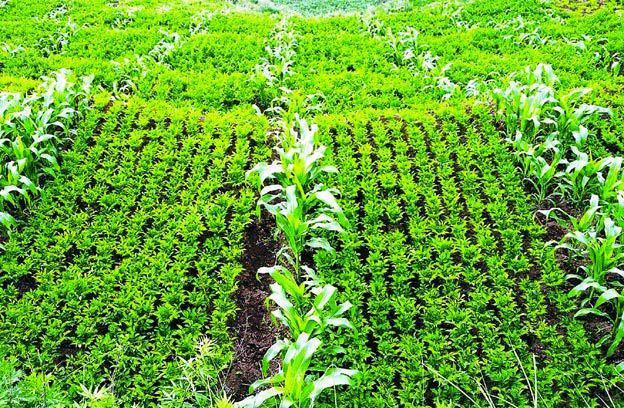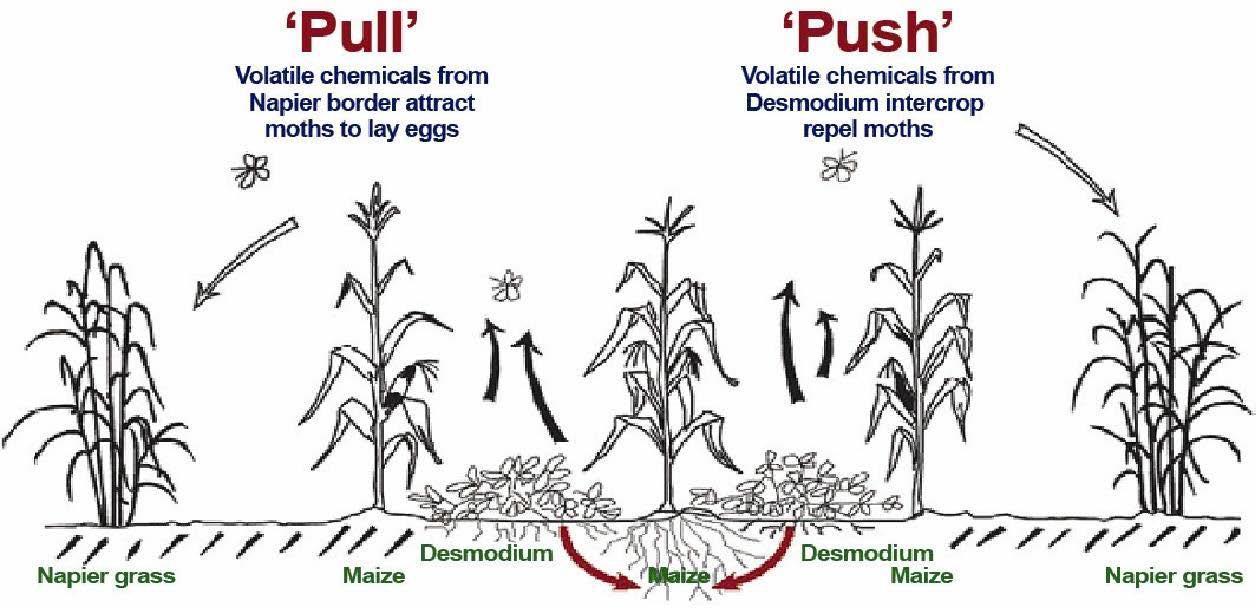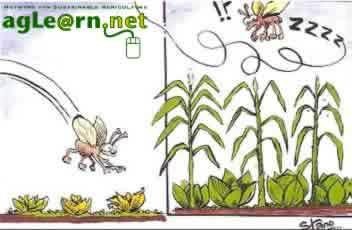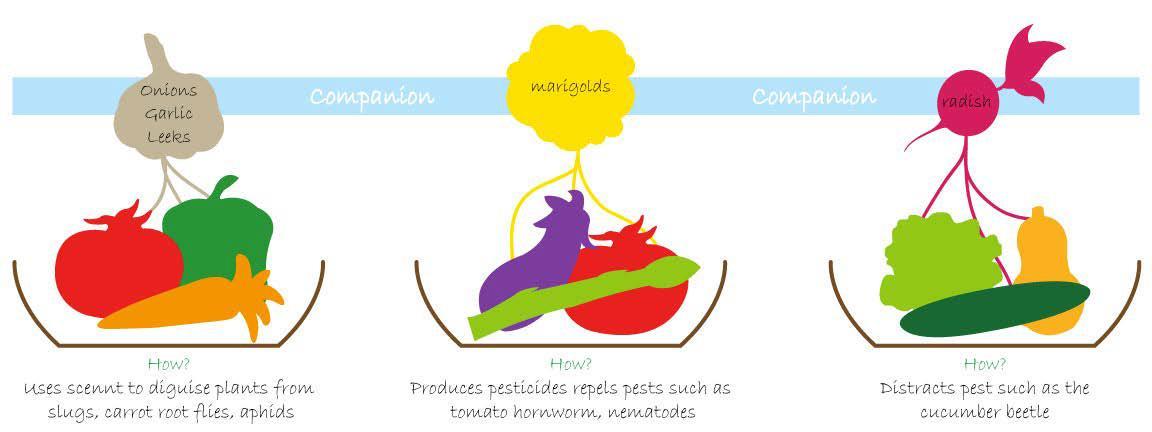The Plight of Clint and his Monoculture Practices
The dark, gloomy sky seemed to mirror Clint’s mood as he stood before his barren field. The eggplant harvest had just been completed, but the usual joy and feeling of success after the completion of a hard growing season was absent. This year’s yield was at an all-time low, and may have been more displeasing if not for hefty doses of pesticide and fertilizer. Despite the realization that costly inputs did not result in a more lucrative crop, Clint tried to ignore the fact that the net profit he turned this season would not come close to the modest prediction he made at the season’s beginning. The knot deep in his stomach tightened; worsened by results of a soil test that had recently arrived indicating that his soil was of poor quality and health. In fact, Clint knew that if this trend continued, his land may not be farmable within the next decade. Clint had heard from the SESYNC intern (Matt Bisk), city girl (Nicole Rusconi) and graduate student (Lauren “White Wave” Hunt) that crop rotation and plant diversification was the key, but Clint never listened to them and it seems that years of rotating two similar plants, eggplant and pepper and applying high chemical inputs had worn out his land. Everything was at stake. What was he to do? Were there any other farming methods that could increase production while improving soil quality and health? Where should he begin to reverse this trend? Should he text Matt and ask for help?
Clint’s plight may become a reality for other farmers if the persistent use of monocultures and high chemical inputs are the norm. Monoculture plantings in which a single crop is planted consistently on the same land year after year may negatively impact the overall health of the farm and subsequently lower crop productivity and profits. Crop lands must be properly managed to maintain soil quality and health. Soil health may be measured by the diversity of organisms below the soil; and exposing soil microbes to roots of similar crops year after year reduces their diversity while promoting the establishment of soil-borne pathogens specific to that crop. Bacterial diversity has been found to decrease in soils with constant monoculture plantings, while properly managed rotated fields show bacterial diversity that more closely resembles that of natural grasslands. The initial response to lower yields may be similar to Clint’s, which includes applying high input pesticide and fertilizer. An overabundant supply of fertilizer cannot be used by plants and the excess may enter in surface or groundwater and reduce water quality.




